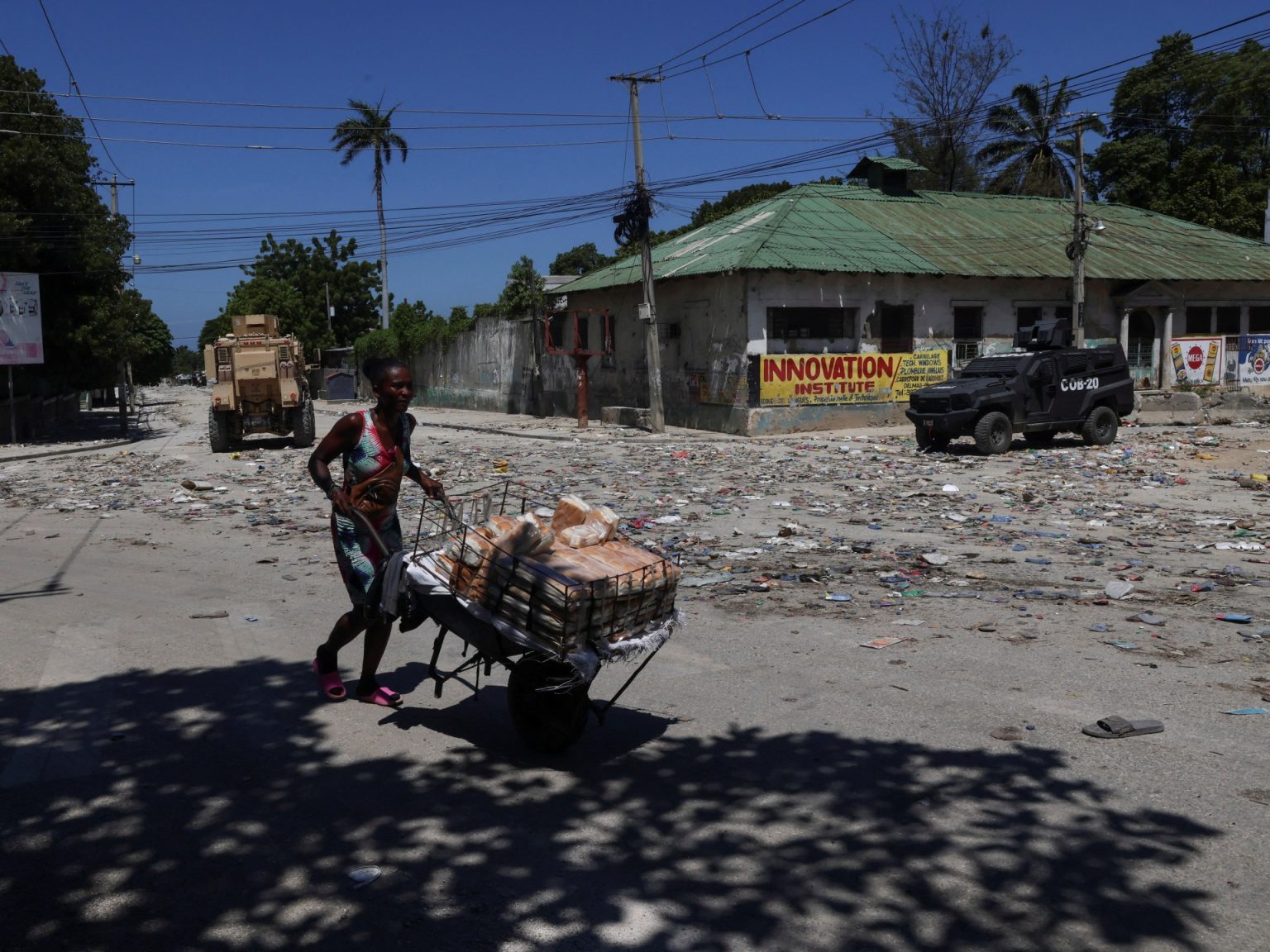Haiti’s interim prime minister, Garry Conille, has stated that the country is still struggling to defeat armed groups that have taken control of large parts of the territory. He emphasized the urgent need for international support to help restore safety and stability in the nation. The violence in Haiti has been ongoing for years, with armed groups with ties to political and business leaders fighting for power and control. The situation escalated at the end of February when gangs launched attacks on prisons and state institutions in the capital, leading to the resignation of the unelected prime minister and the deployment of a UN-backed, multinational police force led by Kenya.
Despite more than 10 countries pledging over 3,100 troops to the multinational force, only about 400 have been deployed. The mission’s mandate is set to expire in early October, with a decision on renewal to be made by the UN Security Council on September 30. UN Secretary-General Antonio Guterres has highlighted the inadequate funding for the mission and the Haitian National Police. He called for urgent delivery on financial commitments and increased resources to support the mission and humanitarian response in Haiti. More than 700,000 Haitians have been displaced due to the violence, with many living in makeshift camps in Port-au-Prince, and others fleeing the country in search of safety.
The United States, a key supporter of the multinational force, is pushing for additional funding and personnel to strengthen the mission. The US State Department announced additional assistance of $160m for development, economic, health, and security in Haiti. There have been discussions about transitioning the mission into a UN peacekeeping operation, with support from Kenyan President William Ruto, who visited Haiti to assess the progress. However, many Haitians are wary of UN interventions due to past negative experiences, such as a cholera outbreak linked to a UN base and allegations of rape and abuse by UN forces in Haiti.
Haitian civil society leaders have cautiously welcomed the multinational mission as a necessary step in combating the armed groups. However, they have emphasized that the country’s challenges cannot be addressed through force alone. They have called for more support and training for Haiti’s national police force, as well as an end to corruption and a Haitian-led political process. The potential transition of the mission into a UN peacekeeping operation has been met with mixed reactions from the Haitian population, with concerns about the negative impact of past UN interventions. The country’s path towards stability and security will require a comprehensive approach that addresses the root causes of violence and instability.


